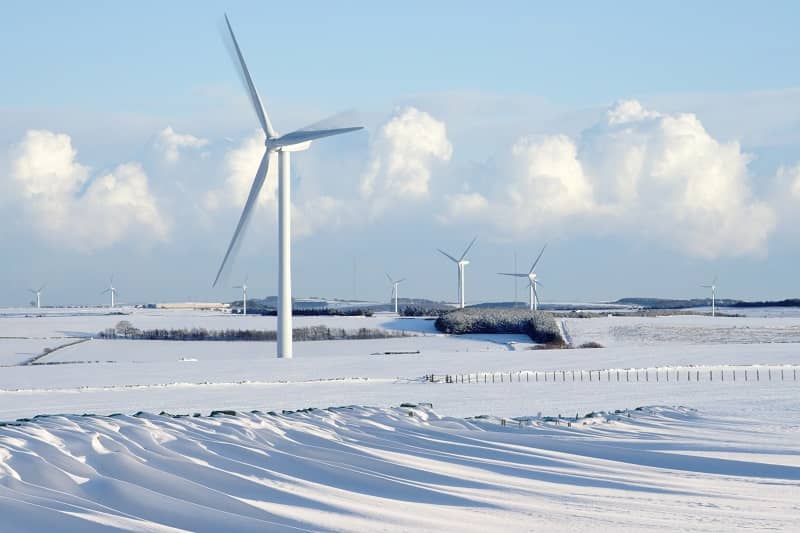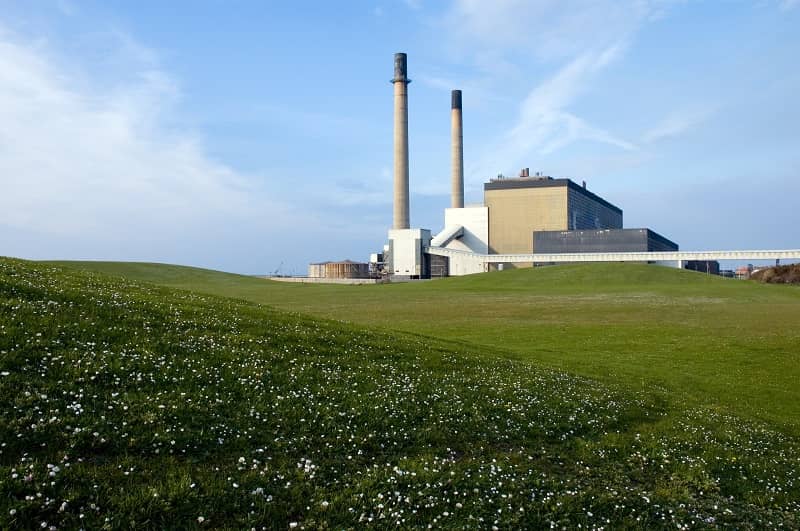By Todd Wynn
Are you worried about your carbon footprint hurting the earth? Don’t worry. Now climate doomsayers can sleep easy at night. For a fee a carbon offset provider will gladly funnel your money into earth friendly projects aimed to reduce greenhouse gases, such as planting trees in Ecuador or supporting a wind farm in Texas. But are carbon offset providers really delivering what they claim? Studies of international carbon offset schemes have revealed examples of widespread fraud and abuse. And now, investigations into two of the most prominent carbon offset providers in the U.S. have revealed that neither of them actually offers real reductions in greenhouse gas (GHG) emissions.
Carbon offsets are defined as a reduction, removal, or avoidance of GHG emissions from a specific project that is used to compensate for GHG emissions occurring elsewhere. By purchasing a carbon offset, businesses, electric utilities, or individuals pay someone to reduce emissions elsewhere, rather than change their own behavior. Because of the relative ease and cost of offsets compared to changing behavior or business practices, carbon offsetting has spread quickly in the past few years to become a multi-million dollar industry in the United States alone.
Many environmental organizations and governments around the globe advocate restricting fossil fuel consumption and using carbon offsets via a cap-and-trade-type model to decrease overall human-emitted GHGs. This trend is born of fears of human-induced climate change, despite the lack of any statistically significant global warming since 1995.
All climate policies, such as cap-and-trade, heavily rely on using carbon offsets to cut emissions. Analysts estimated that up to 43% of emission reductions in the last proposed federal cap-and-trade legislation (the Clean Energy Jobs and American Power Act of 2009) would have come from offsets. That means U.S. citizens soon could be paying enormous sums for carbon offsets.
The implications are very clear. If offsets do not result in real, verifiable reductions in GHGs, then not only would billions (if not trillions) of American dollars be completely wasted, but the goals (whether they be of merit or not) of such a cap-and-trade program could not be reached. The climate policy would accomplish nothing but inflicting significant economic hardships upon recession-ridden Americans.
Cascade Policy Institute’s research has concluded that would be the case, exposing the failures by the nation’s leading carbon offset providers, the Bonneville Environmental Foundation (BEF) and The Climate Trust, which undermine the entire carbon offset industry.
The two key principles of carbon offsets are additionality (i.e., a project would not be completed without carbon offset funds) and proper monitoring/verification of results. If these two principles are not met in entirety, then the offset is not a real reduction in GHG emissions, according to industry experts. Cascade’s audit of BEF and The Climate Trust projects reveal that they failed to prove additionality or to show proper monitoring or verification for all of their claimed carbon offsets.
BEF hired a third party carbon offset certifier, Green-e, to bring credibility to BEF carbon offsets, yet Green-e’s certification process does not test for additionality and fails to accurately monitor or verify emissions reductions. Likewise, The Climate Trust, and the industry generally, have failed to ensure real emissions reductions because their programs suffer from similar problems.
BEF carbon offset funds paid for projects that were already going to be built, did not reduce emissions directly or at all, and used a portion of the proceeds for watershed restoration (not for offsetting emissions). The Climate Trust projects also suffer from the same problems. The investigation revealed carbon offsets funding Native American canoe journeys, wind projects that had already been built, and passing out bicycle helmets. Accordingly, offset purchasers are not buying a real, verifiable product, though they do get to feel as though they are reducing GHGs so long as the mirage stays in place.
If advocates continue promoting cap-and-trade programs (or other offset approaches) to reduce GHGs, carbon offsets should be examined carefully to make sure that consumers are getting what they pay for. Currently, consumers should not have any confidence that their purchase of carbon offsets has any effect on GHG emissions whatsoever.
The problems that plague the carbon offset concept most likely will never be solved. Even the Federal Trade Commission, which investigates cases of market deception, warns that carbon offsets carry a high risk of fraud, yet all climate policies introduced on the state and national level call for the use of carbon offsets. Although it may allow a few climate hypochondriacs to sleep well at night, billions of dollars will be wasted in projects that accomplish nothing and only serve to enrich the few companies that successfully have duped politicians into forcing citizens to purchase a bunch of hot air.
Todd Wynn is the climate change and energy policy analyst at Cascade Policy Institute, Oregon’s free market public policy research center. He received his bachelor’s degree in Business Economics from California State University Long Beach and his masters in International and Developmental Economics from University of San Francisco.











